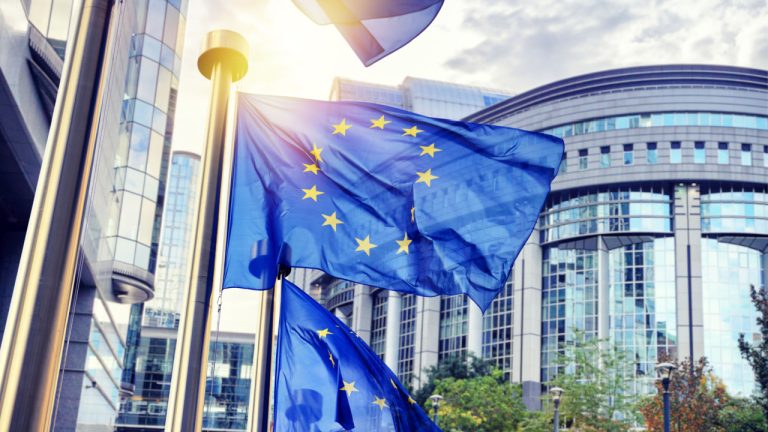
Recently, the European Parliament made an announcement stating their members will soon be voting on the adoption of the Market in Crypto Assets (MiCA) regulation. According to the think tank of Parliament, the regulations are expected to provide legal certainty for crypto assets not covered by existing EU law. A crypto advisor, Paulius Vaitkevicius, believes that any regulation of cryptocurrency is likely to attract more capital and talents into the space.
Harmonized EU-level Rules for Crypto Assets
After months of negotiations and discussions, a preliminary agreement was reached. On June 30, the European Parliament (EP) will be voting on the adoption of the MiCA regulation. European Leaders claim that MiCA adoption will result in the creation of harmonized regulations for crypto assets on the EU level.
According to a November 29 briefings by the parliamentary think-tank, the harmonized cryptocurrency standards are expected to provide “legal certainty for crypto assets not covered by existing EU law.” In addition, the EP claims the rules will increase investor and consumer protection, as well as provide greater transparency, and promote the use of crypto assets.
The European Authorities also hope to regulate the issuance and trading of crypto assets, as well as the management of the underlying assets through MICA.
While European Leaders such as the president of European Central Bank, Christine Largade, have been pushing for stricter regulation — MiCA II — some critics of the legislation claim that it may be too restrictive in its current form and could stifle innovation.
Legal Clarity Needed
Commenting on the European Union’s regulation of cryptocurrencies, Paulius Vaitkevicius, VILP founder and Crypto Advisor Solutions, said that it is necessary to put an end to the “Wild West vibe” in the industry. Without regulations or guidelines, it is not possible to prevent situations where players in the industry collapse.

Therefore, to prevent this, the cryptocurrency industry requires legal clarity. According to Vaitkevicius, this will bring in more mature players for the industry, both on the project and investor side. Explaining why he supports regulation of the industry, Vaitkevicius said:
From my experience, I know that these players were looking for regulations and clarity for a long time, and waiting for the right moment when they could intervene. We will see more talent and capital coming into the sector once the regulations are in place.
Meanwhile, some cryptocurrency critics have stated that the right regulatory frameworks could have been implemented sooner if they were in place. For example, Sam Bankman-Fried’s Antics would have been exposed earlier. However, when asked about validity of the argument, Vaitkevicius replied that FTX’s view on paper was, according to them, “one of the most regulated players in the industry”, a theory that is undermined. He added:
“Regulation is a positive step in the right direction, but it must be accompanied by other elements in order to make it work in real life and achieve the goals.”